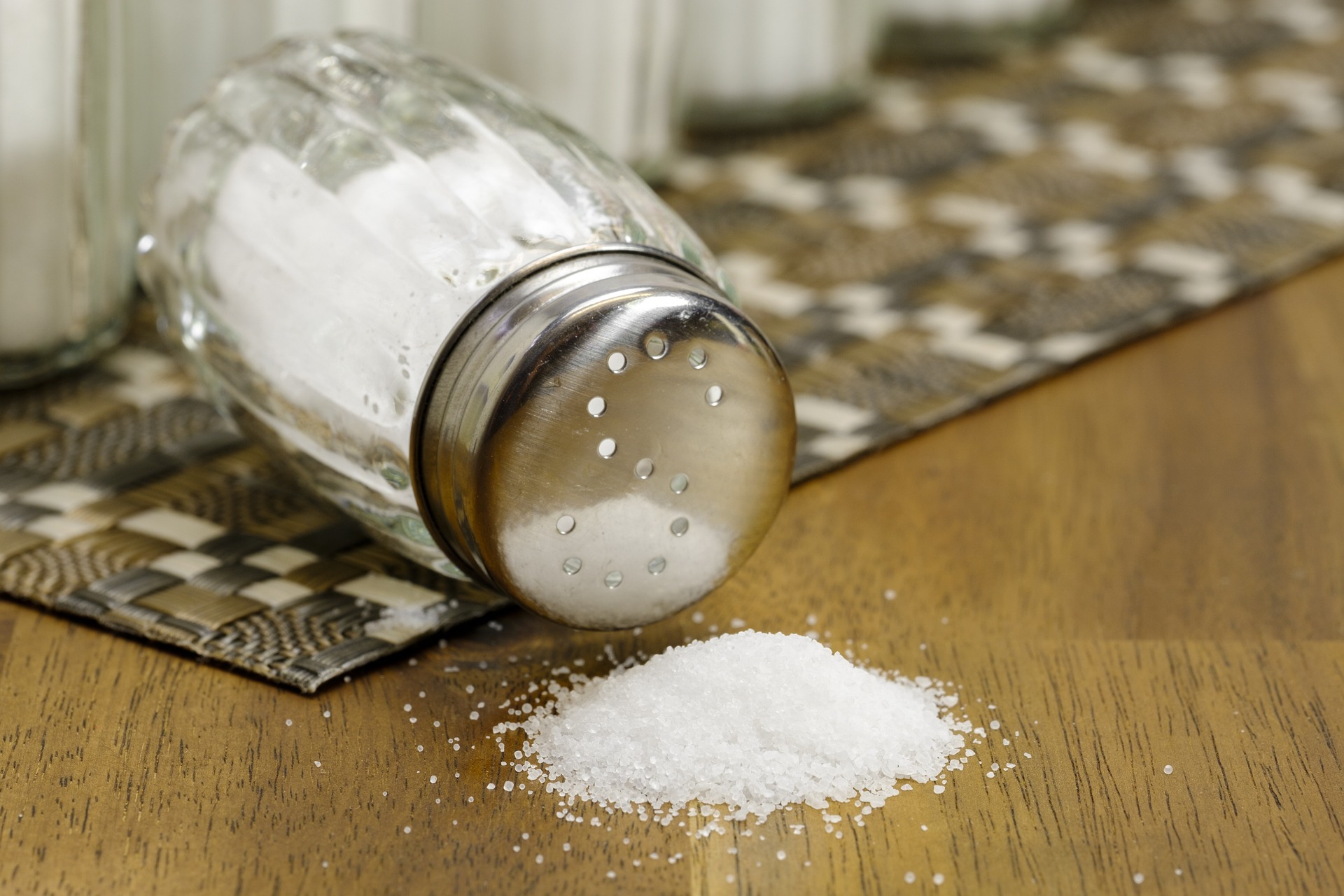
According to a recent study, a diet high in salt can contribute to stress. In experiments with mice, researchers discovered that a high-salt diet led to a 75% increase in stress hormone levels.
These findings may prompt a review of public health policies related to salt intake, with the goal of reducing the amount of salt used in processed foods. It is recommended that adults consume no more than 6 grams of salt per day, but most people consume around 9 grams on a regular basis.
This can contribute to higher blood pressure, which increases the risks of heart attacks, strokes, and vascular dementia. While effects on the heart and circulatory system have been well established, little was known about the impact of a high-salt diet on a person’s behavior.
Salt intake increased the activity of genes that produce the proteins in the brain which control how the body responds to stress. Experts say further studies are already underway to understand if a high-salt intake leads to other behavioral changes such as anxiety and aggression.
Matthew Bailey, Professor of Renal Physiology at the University of Edinburgh’s Centre for Cardiovascular Science, said: “We are what we eat and understanding how high-salt food changes our mental health is an important step to improving well-being. We know that eating too much salt damages our heart, blood vessels, and kidneys. This study now tells us that high salt in our food also changes the way our brain handles stress.”
Reference: “High salt intake activates the hypothalamic–pituitary–adrenal axis, amplifies the stress response, and alters tissue glucocorticoid exposure in mice” by Hannah M Costello, Georgios Krilis, Celine Grenier, David Severs, Alicja Czopek, Jessica R Ivy, Mark Nixon, Megan C Holmes, Dawn E W Livingstone, Ewout J Hoorn, Neeraj Dhaun and Matthew A Bailey, 11 November 2022, Cardiovascular Research.
The study was funded by the British Heart Foundation and Kidney Research UK.




